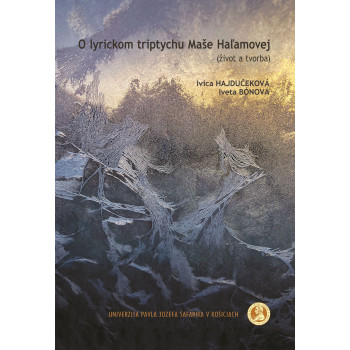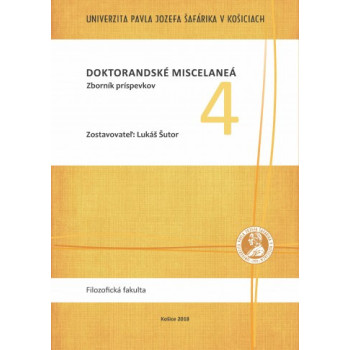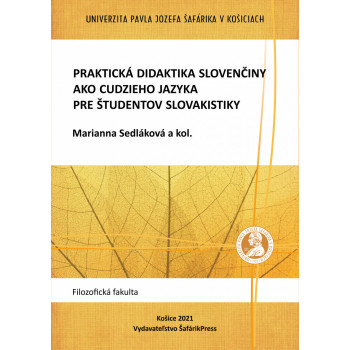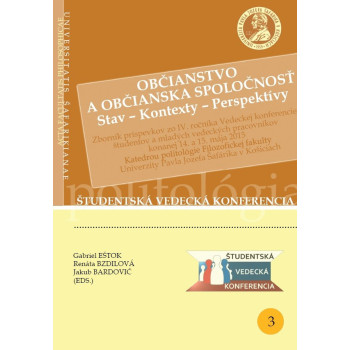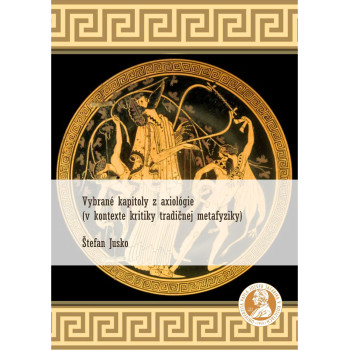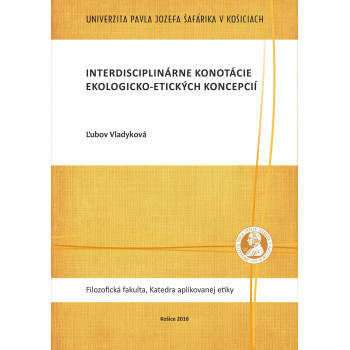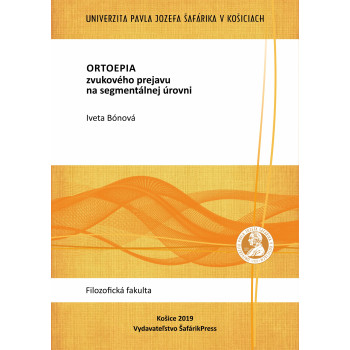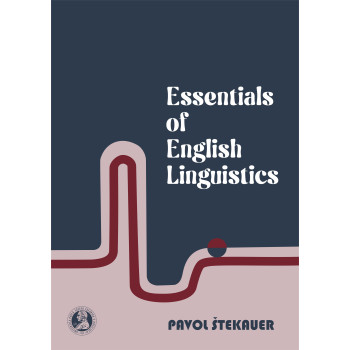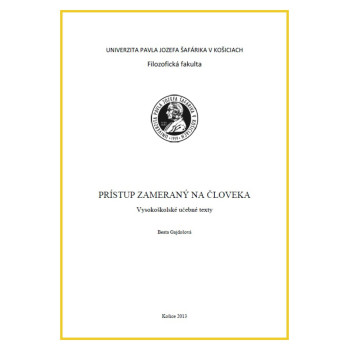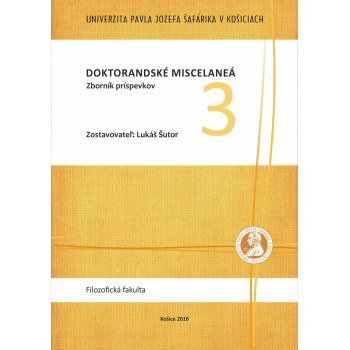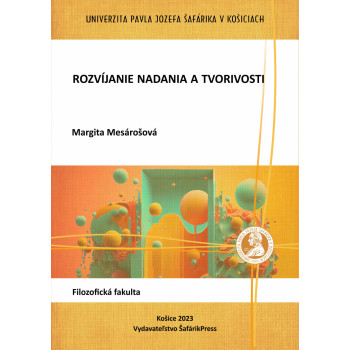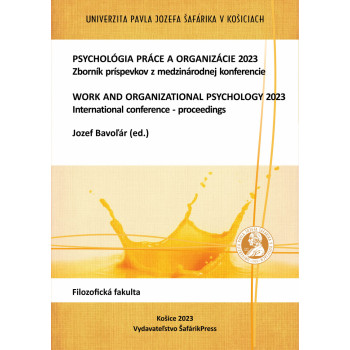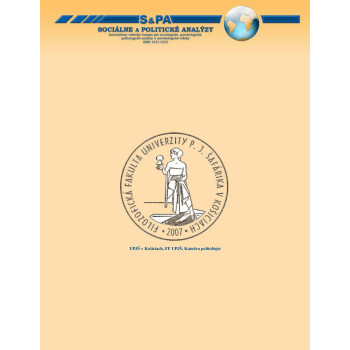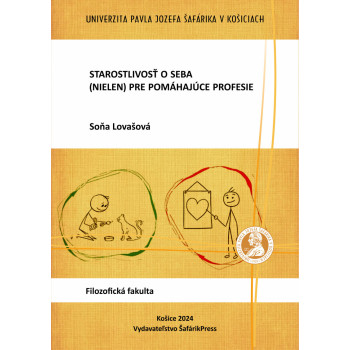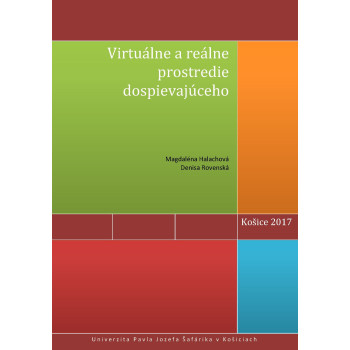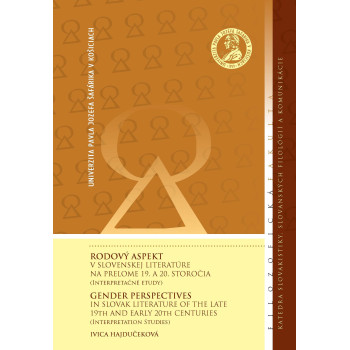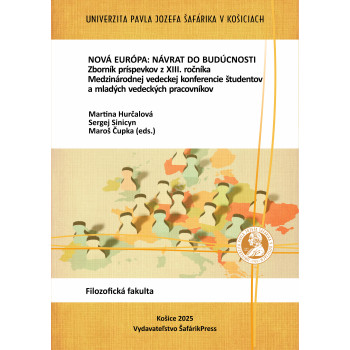
O lyrickom triptychu Maše Haľamovej (život a...
E-book
Ivica Hajdučeková - Iveta Bónová
https://unibook.upjs.sk/en/filozoficka-fakulta/995-masa-halamova-in-the-dar-cerveny-mak-smrt-tvoju-zijem-triad.html
The first personal monograph, On the Lyrical Triptych of Maša Haľamová (Life and Work), by co-authors Ivica Hajdučeková and Iveta Bónová, presents the results of archival research and analytical-interpretative insights into the structure of poetic texts. Life events at key points (V znamení osmičiek, Domov na brehu jazera, V ruchu redakčnej práce, Fáza po Mladých letách) are reconstructed based on autobiographical memories, archival documents, personal correspondence, as well as unpublished or published articles and interviews. An intriguing perspective on the author´s work is offered by self-referential notes and a reconstruction of opinions on her poetics and the artistic value of her poetry from the years 1928 – 2017, as expressed by contemporary and modern literary critics. The reconstruction of the genesis of the poem Dar (Gift), which relates to her connections with A. Kostolný and E.B. Lukáč, revealed the underpinnings of poetic inspiration and confirmed the productivity of archival research and exegetical methods. The analytical-interpretative insight into lyrical triptych Dar – Červený mak – Smrť tvoju žijem, realized through a spectrum of differentiated spirituality and the method of hermeneutic reading with an emphasis on the function of polyvocality, demonstrated that meta-empirical reality is shaped through natural imagery and the function of allusion. Across the three poetry collections, the lyrical parable and the process of spiritualization or spiritual growth of the lyrical subject are depicted, emblemized by the red poppy, blooming limber pine, and flowering moss. In conjunction with the analysis of the rhythmic-melodic structure of free yet phonetically organized verse – utilizing not only the folkloric inspirations of folk songs and ballads but also the religious tradition of spiritual hymns, prayers, and psalms – which confirmed that the poet´s sense and sensitivity for the „colourfulness“ of sounds and the „melodiousness“ of tones contributed to the architectural formation of the final form. This form is inseparably infused with the meta-empirical dimension of spirituality (eisos – eidos – Logos).



